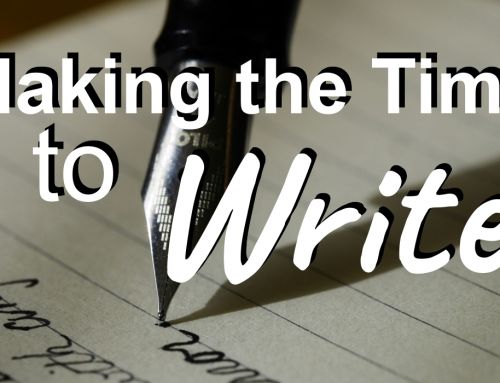The Finding Place is about that greatest, messiest, most essential of all things: family.
Kelly didn’t have the greatest start to life. Like tens of thousands of baby girls in China, she spent her first few months in an orphanage. She will never know why her birth parents couldn’t raise her – but poverty, and China’s one child policy, likely played a part.
Kelly was adopted into a loving family at ten months old and for almost thirteen years lived the life of a typical North American kid. She may have wondered, occasionally, about her birth parents and birth culture, but she had parents who loved her, and she felt happy and secure.
All that changed shortly after her thirteenth birthday when Kelly’s dad walked out on the family.
True families are as diverse as the individuals who make them. And as most kids become young adults, they must come to terms with a painful truth: that the adults in their families are not perfect. In my novel, Kelly’s friend, Raizel, tells her: people leave you. It’s what they do. Raizel has had first hand experience of that: her dad left before she was born. But Kelly must discover for herself that what Raizel believes is not the whole story.
When her mom takes her on a trip back to China, Kelly discovers more than her birth culture. She reaches out to her birth parents. Finds out why her dad left her. And she uncovers some difficult truths about her mom, too. Through her adventures in China, Kelly learns more about herself as a person, and grows to a new understanding of family: the people who love us and the those who bring us into the world.
Is The Finding Place a story about international adoption? In part, yes. My own family was formed through adoption, and as our daughter grew, I realized that there are almost no novels for young people in which the key protagonist is an international adoptee. There are over a hundred thousand young people in North American adopted from other cultures around the world. All of us need to see who we are, and the lives we lead, represented in stories, because stories are one way we make sense of – and celebrate – our selves and our world. But I always wanted The Finding Place to be more than a novel about a teenager discovering her birth culture. I wanted it to be a story about growing up. A tale about families, and how our understanding of them changes as we stop being children and move towards adulthood ourselves.



